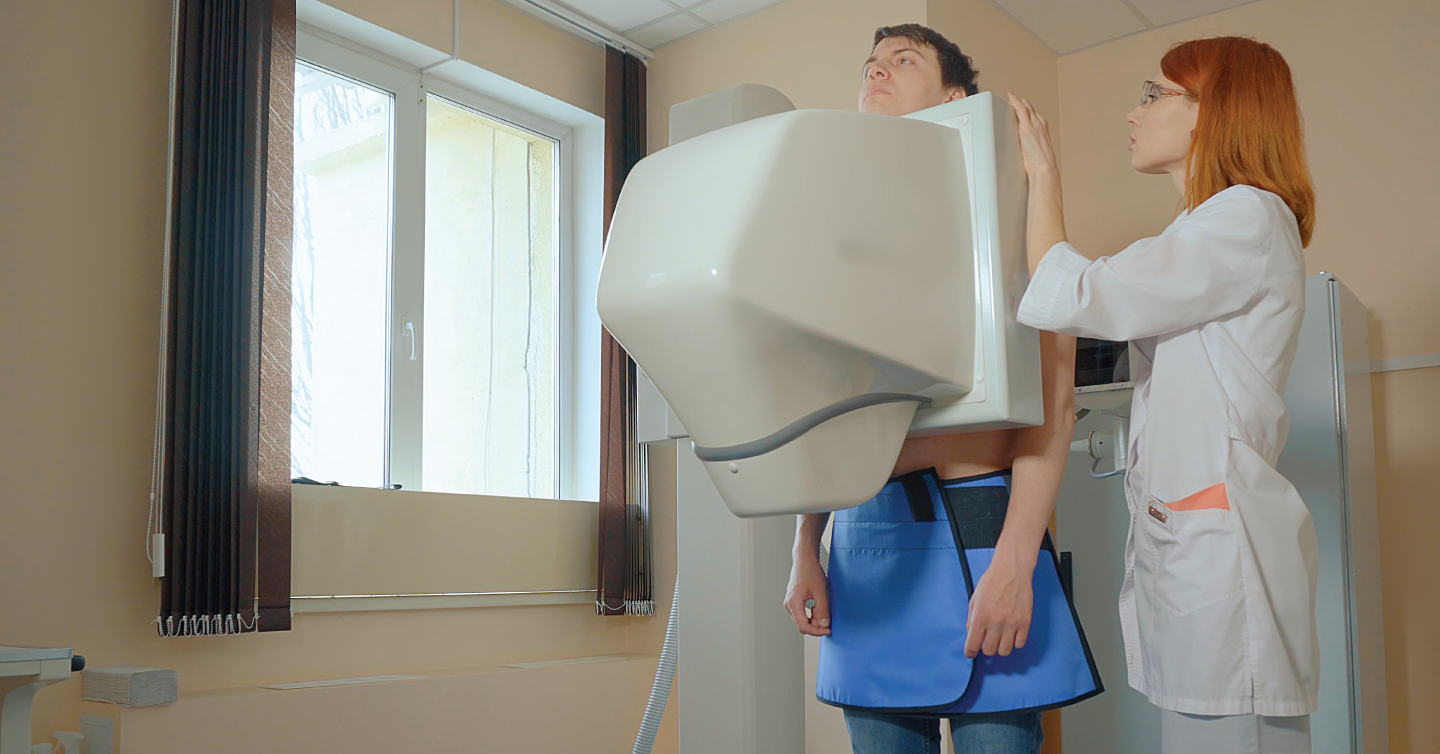As March Ends, Colorectal Cancer Screening Remains as Important as Ever

Colorectal Cancer - Why Early Detection is Key
By Dr. Vikas Khullar, gastroenterologist at Ascension Medical Group Wisconsin
3/29/2022
Colorectal cancer is the third most common cancer affecting both men and women, and the second leading cause of cancer-related deaths in the U.S., according to the Centers for Disease Control and Prevention (CDC). The American Cancer Society estimates the number of colorectal cancer cases in the U.S. in 2022 will be 106,180 new cases of colon cancer and 44,850 new cases of rectal cancer.
Fortunately, colorectal cancer is also one of the most preventable. Colorectal cancer screening can save lives. Screening can find precancerous polyps—abnormal growths in the colon or rectum—that can be removed before they turn into cancer.
As with almost all cancers, the earlier it is found, the more likely the treatment will be successful. A polyp can take as many as 10 to 15 years to develop into cancer. With screening, doctors can find and remove polyps before they have the chance to turn into cancer.
Because colorectal cancer is often slow to develop, understanding your risk factors and early detection are key to better outcomes.
How to reduce your risk of colon cancer
Get screened
Colorectal screening isn’t just for finding cancer, but for stopping it before it starts. Because of this, doctors recommend starting colorectal screenings by age 45.
You may need to get a colonoscopy earlier if you have a personal or family history of polyps or colon cancer, or if you have symptoms such as abdominal pain or discomfort, change in bowel habits, rectal bleeding or unexplained weight loss.
Not all polyps are cancerous, but they can become cancerous in the future. That’s why it's important to identify and remove them.
Eat right and get active
Lifestyle factors that may increase your risk include obesity, a diet high in processed foods, a low-fiber and high-fat diet and lack of regular physical activity.
Research shows diets rich in fruits, vegetables and whole grains are associated with a lower risk of colon or rectal cancer.
The American Cancer Society recommends that adults get at least 150 minutes of moderate intensity exercise each week.
Maintaining a healthy weight can reduce your risk.
Quit smoking
People who have smoked tobacco for a long time are more likely than people who don't smoke to develop and die from colorectal cancer.
Avoid or limit alcohol
Alcohol use has been linked with a higher risk of cancers of the colon and rectum.
What are the common signs and symptoms of colorectal cancer?
When colorectal cancer first develops, there may be no symptoms. But as the cancer grows, it can cause changes that people should watch for, including the following.
- Changes in the frequency of bowel movements
- Diarrhea, constipation or the feeling that the bowel doesn’t empty completely
- Bright red or very dark blood in the stool
- Stools that are narrower than usual
- General abdominal discomfort, such as frequent gas pains, bloating, fullness and/or cramps
- Weight loss with no discernible reason
- Constant tiredness
It’s important to speak with your personal doctor about colorectal cancer and the importance of early detection.
About the Author
Dr. Khullar is board-certified in Internal Medicine and Gastroenterology. He provides expertise in the field of general Gastroenterology including management of pancreas, liver and general digestive disease, with a deep passion for providing compassionate care to his adult patients. Dr. Khullar has a special interest in treating inflammatory bowel disease (IBD) and believes his patient population can benefit from early intervention with newer therapies and a multi-disciplinary approach.




